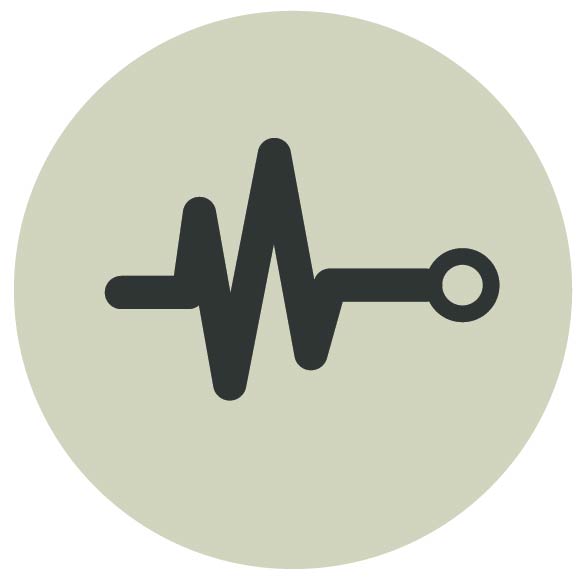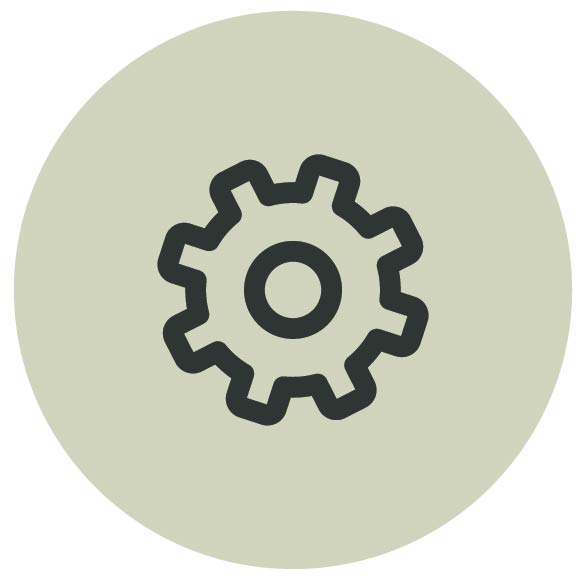Alzheimer's disease is the most common form of dementia and is a progressive neurological condition that affects mental function and memory. It is a constantly developing condition that affect how the brain cells transmit messages.
Alzheimer's is an invisible disability
 Alzheimer's disease is the most common form of dementia
Alzheimer's disease is the most common form of dementia 50 million people around the world are estimated to be living with Alzheimer's
50 million people around the world are estimated to be living with Alzheimer's Early-onset Alzheimer's can occur in individuals as young as their 30s and 40s
Early-onset Alzheimer's can occur in individuals as young as their 30s and 40s Alzheimer's is not a normal part of ageing
Alzheimer's is not a normal part of ageing Two-thirds of the global Alzheimer's population are women
Two-thirds of the global Alzheimer's population are women
Symptoms of Alzheimer's
Not everyone with Alzheimer’s will experience the same symptoms; however, memory loss is a key symptom. For others, memory loss is so severe and debilitating that it significantly impacts their daily life.
Symptoms are variable and broad and may include:
- forget recent events or conversations
- misplace items or put them in the wrong place - and be unable to go back over their steps to find them again.
- Getting lost in familiar places
- forget appointments
- forget the names of people, objects or places
- struggle to find the right words
- repeat themselves
- increasing confusion and disorientation, eg getting lost in familiar places
Other symptoms may include:
- mood changes
- feeling unsettled by unfamiliar situations or changes in routine
- becoming withdrawn
- difficulty making decisions
- delusions and hallucinations
- obsessive or repetitive behaviours
- speech and language difficulties
- changes in sleeping patterns
Changes in mood and personality: Individuals with Alzheimer's can become confused, suspicious, depressed, aggressive, fearful, or anxious. They may be easily upset at home, with friends, or outside their comfort zone
Sources:
Alzheimer's Association: https://www.alz.org/alzheimers-dementia/what-is-alzheimers
Alzheimer’s Association: https://www.alz.org/blog/alz/october-2019/10_ways_to_help_a_family_living_with_alzheimer_s
Alzheimer’s Research UK: https://www.alzheimersresearchuk.org/blog/how-does-dementia-affect-everyday-life/
Alzheimer’s Society: https://www.alzheimers.org.uk/sites/default/files/migrate/downloads/creating_a_dementia-friendly_workplace.pdf
Age UK: https://www.ageuk.org.uk/information-advice/care/helping-a-loved-one/caring-dementia/#legal
Caring Senior Service: https:www.caringseniorservice.com/blog/challenges-alzheimers-dementia-caregivers%3Fhs_amp%3Dtrue
Mayo Clinic: https://www.mayoclinic.org/diseases-conditions/alzheimers-disease/symptoms-causes/syc-20350447
National Institute on Aging: https://www.nia.nih.gov/health/alzheimers-disease-fact-sheet
NHS UK: https://www.nhs.uk/conditions/dementia/carers/
Look out for these Sunflower icons
 I may need more time
I may need more time I have a carer/personal assistant
I have a carer/personal assistant I need a quiet/safe place
I need a quiet/safe place I have a hidden disability
I have a hidden disability


